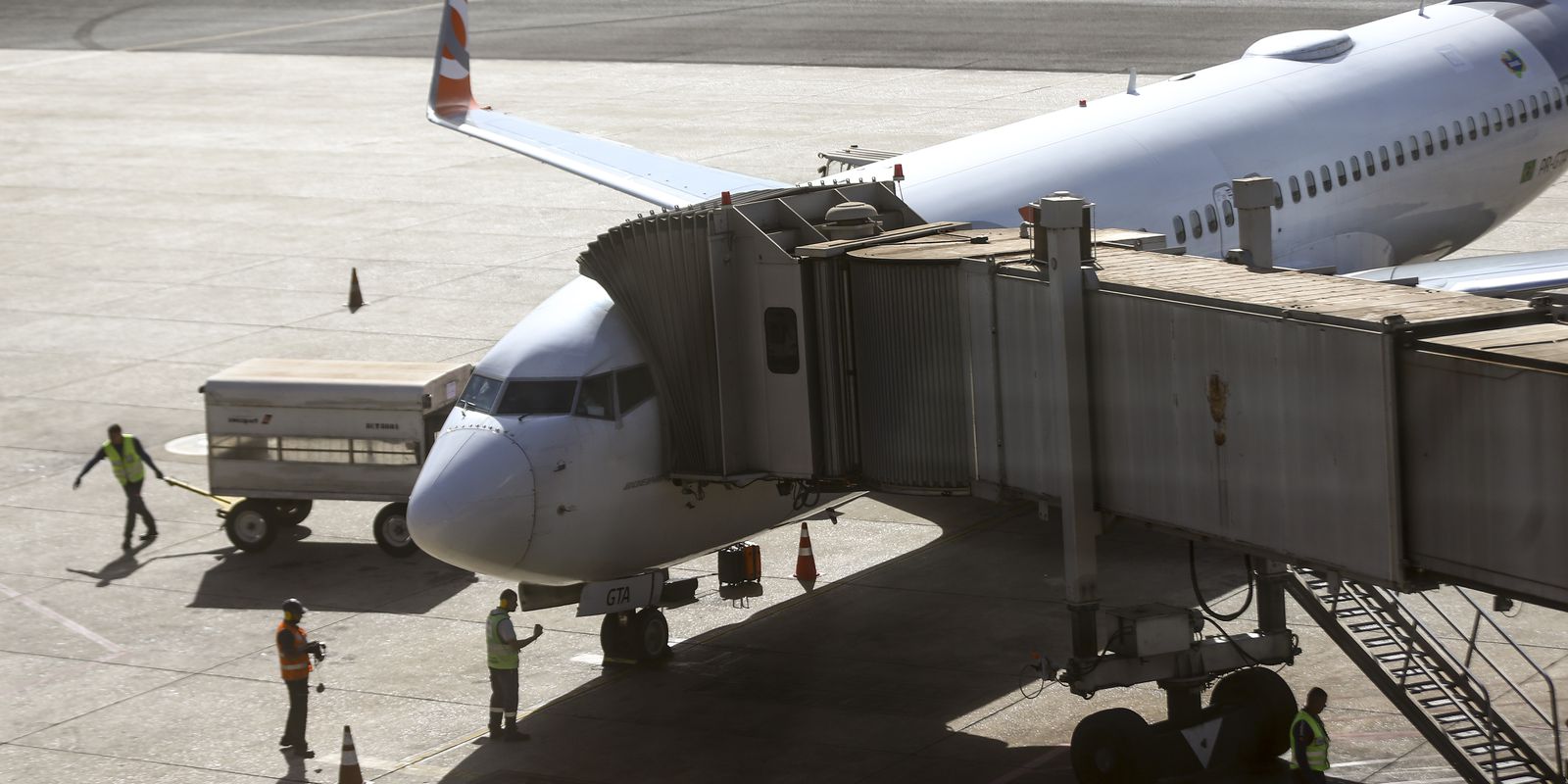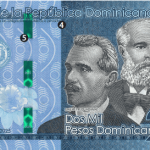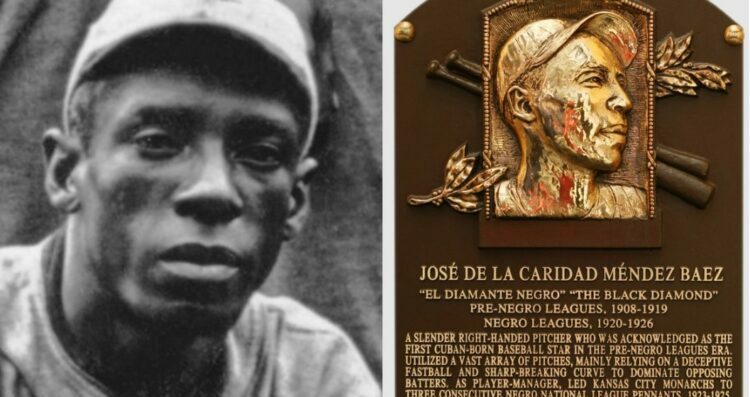Research by the Quilombo Aéreo Organization in partnership with the Federal University of São Carlos (UFSCar) showed that, throughout Brazil, there are no black women working as pilots in national airlines. 
In 2022, there were 3,283 graduates, with only 992 women working in airlines, representing 2.3% of workers in this role. That is, more than 97% of vacancies are occupied by men, and only 2% are black, according to estimates. As for flight attendants, only about 5% of working professionals are black people and about 66% are women.
The Quilombo Aéreo Organization, with the support of the Gender, Race and Intersectionalities in Tourism Research Group (GRITus), which is coordinated by UFSCar in conjunction with the Federal University of Pelotas (UFPel), conducted interviews with black workers and former workers from the sector. There are trained flight attendants and pilots who are not working in the sector at the moment.
The survey also revealed five barriers for black women to enter the national civil aviation sector: cost of professional training, lack of information about the career and representation of other black women, unequal selection processes and non-acceptance of black bodies.
To remain in the sector, there are seven recognized barriers: lack of representation, level of demand, denial of the black body, non-acceptance of curly hair, mental/occupational health, machismo and harassment.
“Black women face barriers to entering the Brazilian civil aviation job market, as well as to remaining active in the sector,” said flight attendant and researcher Laiara Amorim, creator of Quilombo Aéreo, a collective created in 2018 by two black women, Laiara and Kenia Aquino, based on the projects “Voe Como Uma Garota Negra” and “Voo Negro”. The objective is to give visibility to black civil aviation professionals, unprecedented academic research in the sector, employability and mental health of these crew members.
“We already knew approximately these data, the scientific record of these numbers was a confirmation. So, for the Quilombo Aéreo researchers, it was no surprise, but it is a surprise for society and also for airlines, who did not look at these numbers until a year ago,” said Laiara.
Rejection
“The black body bothers and is rejected”, highlighted the professor at UFPel and coordinator of GRITus, Natália Oliveira. loose naturals in job interviews. It is explicit how these women are not selected, even though they have a well-qualified resume or even better than other white candidates.”
Despite being the majority in higher education courses in the area of tourism, women still occupy precarious positions in the labor market, mainly in the areas of accommodation and food.
“The labor market in the tourism sector is quite divided in terms of occupations, taking into account the professionals’ gender. We followed the selection process of one of the interviewees who participated in our research, for example. She got a job as flight attendant, despite of being able to act as a pilot. The company claimed that she was not prepared, but hired a man who had the same specificities as her in the curriculum”, exemplifies Laiara Amorim.
Harassment
Another fact identified in the research was the sexual, moral and psychological harassment suffered by black professionals, being practiced both by co-workers and airline customers. Among tourism workers, harassment is frequent among flight attendants, receptionists and chambermaids, but more pronounced towards black women.
According to the interviewees, harassment happens in several ways, such as, for example, by questioning the woman being in that place. “One of the professionals heard from a pilot that she looked like a dancer from a samba school. In other cases, men have already asked how much the crew member earned in salary and offered to pay more”, reported Gabriela Santos, one of the researchers in the study.
Quilombo Aéreo works with three pillars: employability, academic and technical training. “Right now, we are running our fundraising campaign to form another group of the Black People Project that trains, trains and employs young black people from the periphery. In addition, we have psychological support, career monitoring and empowerment, through aesthetic and economic recognition.”
Project Blacks Who Fly
The Pretos que Voam Project is an initiative to professionalize and employ young black people from the periphery. The first group graduated in 2021. A fundraising campaign for the second group is now underway. Of the first group, said the representative of Quilombo Aéreo, all are approved by the National Civil Aviation Agency (Anac) and some are employed as flight attendants. O Project Blacks Who Fly is funded by donations through the Benfeitoria platform and receives donations from R$ 10.
Inclusion
This week, Latam announced the opening of a selection process in Brazil exclusively for women for the role of co-pilot of aircraft in the Airbus A320 family. The company stated that it seeks to promote gender equity with a focus on diversity and inclusion and that it intends to fill at least 50 vacancies by December 2023.
For the representative of Quilombo Aéreo Laiara Amorim, it is extremely important that actions occur with the inclusion of women in this market, but in relation to gender and race, it is necessary to think about affirmative actions for support, support and training of black women.
“In the mapping of Quilombo Aéreo, for example, we do not have any black woman who meets the specific requirements of the vacancy, such as the number of flight hours, which reinforces the barriers identified in the research, the barrier to access to training. Most black women are breadwinners and often have to choose between education and survival. When you manage to do both, it’s not at the same speed as white women or men. Companies that really want to commit to racial and gender equity, from the cockpit, will have to look at the before and during training and the current situation of black women in our country, ”she said.
















